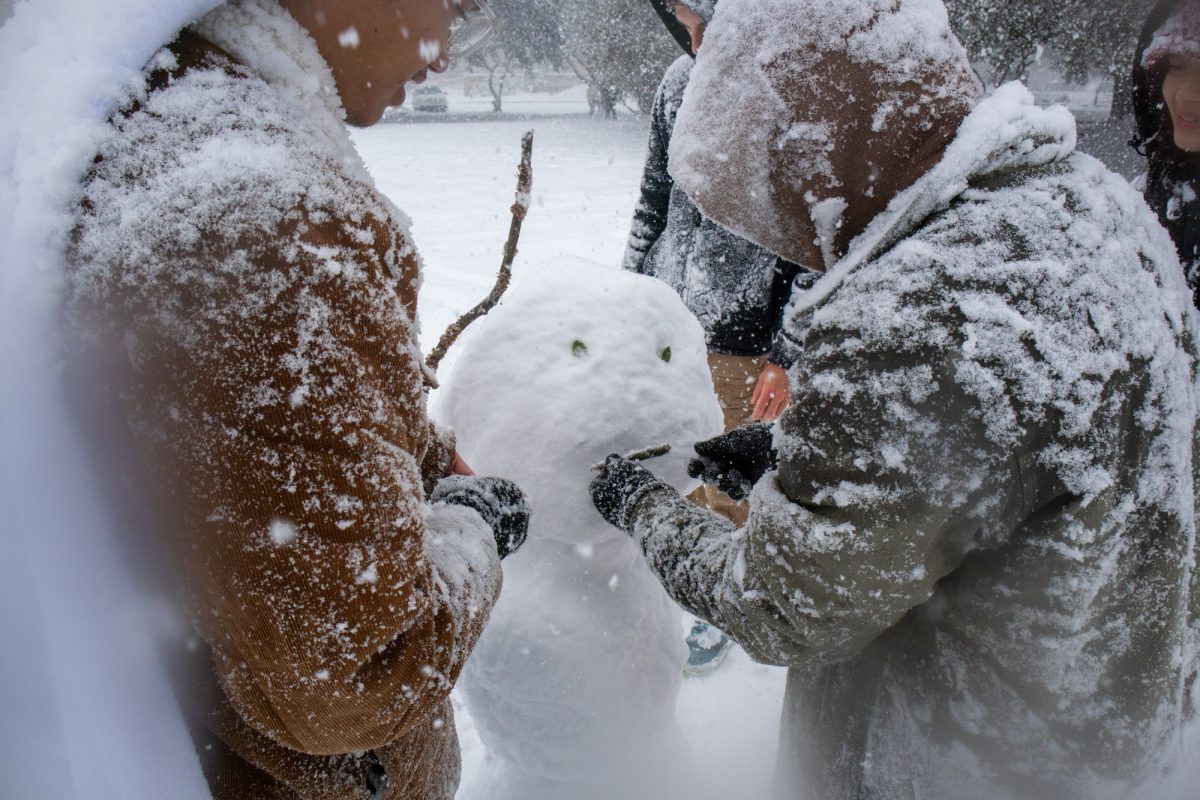Raleigh city officials will implement Stage 2 water restrictions Friday, which carries a fine of $1,000 for the first offense and the interruption of water services on the second offense.
The University has headed up Raleigh’s conservation efforts and started a water conservation competition with UNC-Chapel Hill.
According to the Office of Energy Management’s Web site, N.C. State is using 20 gallons per student and Carolina is using 21 gallons.
Even though it appears State is winning, Carolina may have the lead because it is saving a higher percentage of water, according to Energy Conservation Coordinator Wade Fulghum.
Before the competition, State used 31 gallons of water per person and Carolina used 34 gallons per person, which dropped over the extent of the contest by 35 percent and 38 percent, respectively.
Despite these preliminary results, students still find the University’s conservation efforts to be impressive.
“State’s doing a whole lot to help conserve water,” Mary Hayes, a sophomore in accounting said, “I hear new things [about State’s water conservation efforts] all the time.”
Fulghum said the University’s conservation efforts have saved a sizable amount of water.
“From July to November of 2006 to July to November of 2007, State has saved 57 million gallons of water,” Fulghum said.
Because State’s water restrictions have been so strict, the University is only “going to make a few things different to comply with Stage 2,” Fulgham said.
“We’re already ahead. There’s not a lot we can do,” Fulghum said. “A lot of our efforts are already above Stage 3, but now we are trying to do things like talk to University Dining about using paper plates.”
According to Student Body President Bobby Mills, UNC-Wilmington has started using disposable trays in order to conserve water, and Mills said using paper plates could help with State’s conservation efforts as well.
Student Government has attempted to initiate reduction in water consumption on campus through competitions, including the water conservation challenge with Carolina.
“We’re giving out T-shirts to promote awareness [about water conservation], and the results for the competition will be announced at the Carolina basketball game [Feb. 20],” Mills said. “We’re working on a sorority energy competition and this may include water.”
According to Fulghum, many people don’t think the drought will last much longer, but it may be around for an extended period.
“People think [the drought] is going to be over real soon, but researchers have found that a drought like this can last as long as 6 years … and it looks like we’re going to have a dry summer,” Fulghum said. “There will be difficult changes for the University, either voluntary or mandatory, to save water.”





